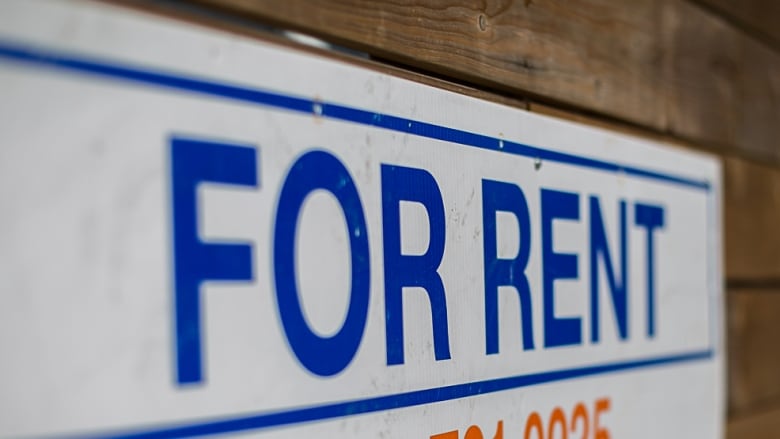CBC News: City will give money to renters experiencing ‘renovictions’ to help fight their cases
Posted April 23, 2021
Posted April 23, 2021
 Renters in Hamilton facing “renovictions” will now be able to get city money to push back against landlords, and that money could reach into the thousands of dollars.
Renters in Hamilton facing “renovictions” will now be able to get city money to push back against landlords, and that money could reach into the thousands of dollars.
The city’s tenant defence pilot program currently gives tenant groups access to money and other help to fight landlords who have applied for rent increases that surpass the provincial guideline.
Councillors voted to expand that program on Thursday to include people being displaced due to so-called renovictions — where tenants are evicted under the guise of renovations and rental prices are increased.
Coun. Nrinder Nann (Ward 3) said renovictions are resulting in the loss of affordable units and affecting residents who just want to stay in their homes.
“It appears as though property owners and landlords are evicting tenants for improvements that many of us as homeowners usually live through and get through just fine,” she said.
“It’s really unfortunate, especially where there are other vacant units in those buildings that could be habitable in order to bridge that gap during renoviction periods…this entire process of renovating units is used primarily to pursue more profit on the other end.”
City council’s emergency and community services committee unanimously approved the change. Council will need to ratify the decision next week.
The committee directed staff in December 2020 to look into renovictions in Hamilton and report back on what other cities have done to reduce them.
No cap on financial support
Along with expansion, staff also recommended raising the cap on grant support for tenants from up to $1,000 for legal fees to $2,500.
But councillors decided to eliminate that cap completely after hearing from tenant advocates during the meeting. Those advocates said tenants fighting landlords would be burdened with legal fees far exceeding that amount.
The program’s total budget, which did not change, is $50,000. Allocation will be at the discretion of housing services and based on applicants’ eligibility.
Violetta Nikolskaya, senior analyst for YWCA Hamilton, said the fees can be daunting enough for people to give up their battle to stay in their homes. Newcomers, youth, and seniors, she said, might not know they have a right to fight, especially when given an intimidating form.
“It’s not as though there isn’t a will or a real outcome that they wish to achieve, it simply becomes too costly for those individuals,” she said.
Advocates push for B.C. bylaw
While multiple members of Hamilton ACORN, a tenants advocacy group, spoke in approval of the change, they also said more should be done to prevent renovictions in the city.
Its members have urged the city to replicate a bylaw passed in New Westminister, B.C., which they say eliminates the financial incentive for attempted renovictions.
It requires landlords to obtain every permit required and forge a new agreement with the tenant on the same or better terms for a comparable rental unit in the same building. If that’s not possible, landlords are responsible for securing them temporary accommodations.
“We know that this practice [of renoviction] and tactics are increasing in Hamilton, and increasing in cities around here,” said Veronica Gonazalez, chair of the Mountain branch.
Karl Andrus, community benefits manager at the Hamilton Community Benefits Network, said renovictions can be life or death for families. He also said it means more people turning to the city for support, adding pressure to social housing, emergency services, and the homeless population.
“If you cannot consider the incredible human toll with renovictions on Hamilton residents, perhaps consider the budgetary ones,” he said. “Keeping people in their homes will provide a magnitude of savings as well as being the right thing to do.”
In the report, staff say there was “very limited uptake” of the program, which is why it could expand. But Coun. Chad Collins (Ward 5) noted that it would be unlikely to see AGIs during Ontario’s legislated rent freeze, which was the criteria to access the funding.
The councillor said he worries there will be a “flurry” of landlords after that legislation is lifted looking to “make up for lost ground.”
Landlord licensing
Coun. Brad Clark (Ward 9) also moved that staff send a letter to the Landlord and Tenant Board, copying the provincial government, about Hamilton’s experiences and concerns about landlords using these notices, as well as the loss of affordable housing and increase in homelessness.
The city will also look at developing a renovictions strategy, which will evaluate the tenant defence fund, education options, and a licensing and bylaw regime. The staff report said it recommended evaluating this latter option, but also said there might be limitations under the Landlord Tenancy Act.
Staff will report back on the fund no later than six months from now.
***
Article by Christine Rankin for CBC News
